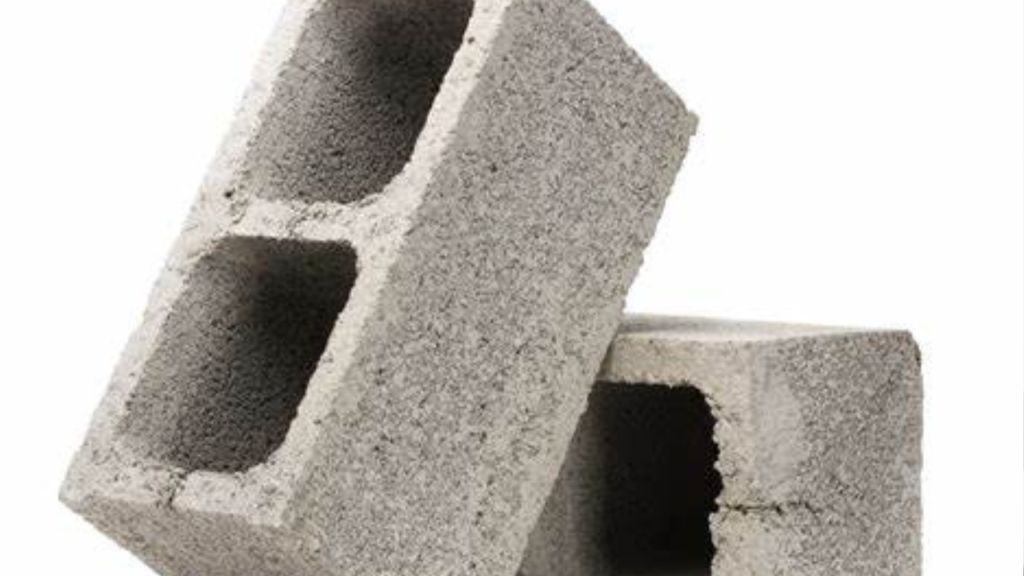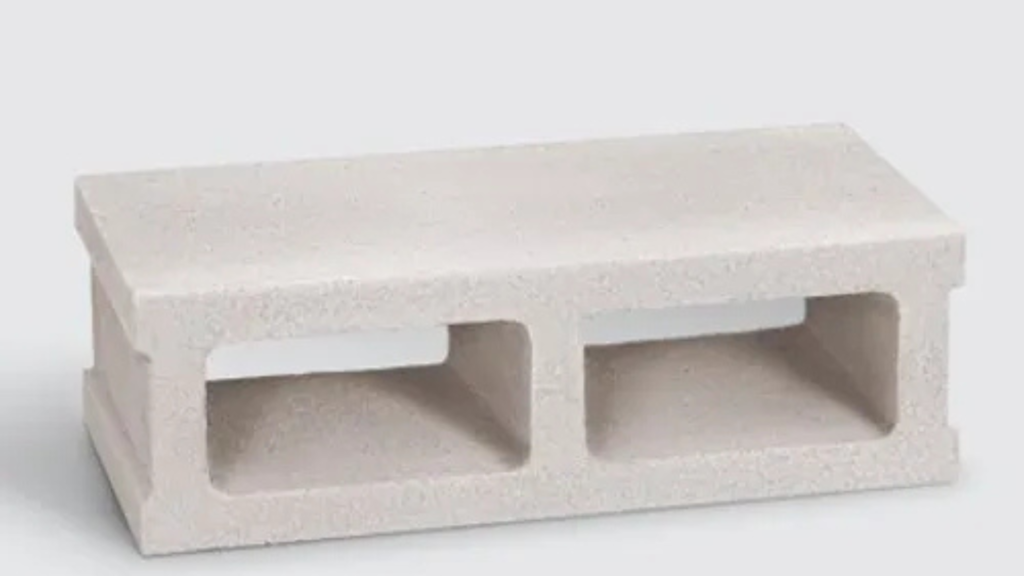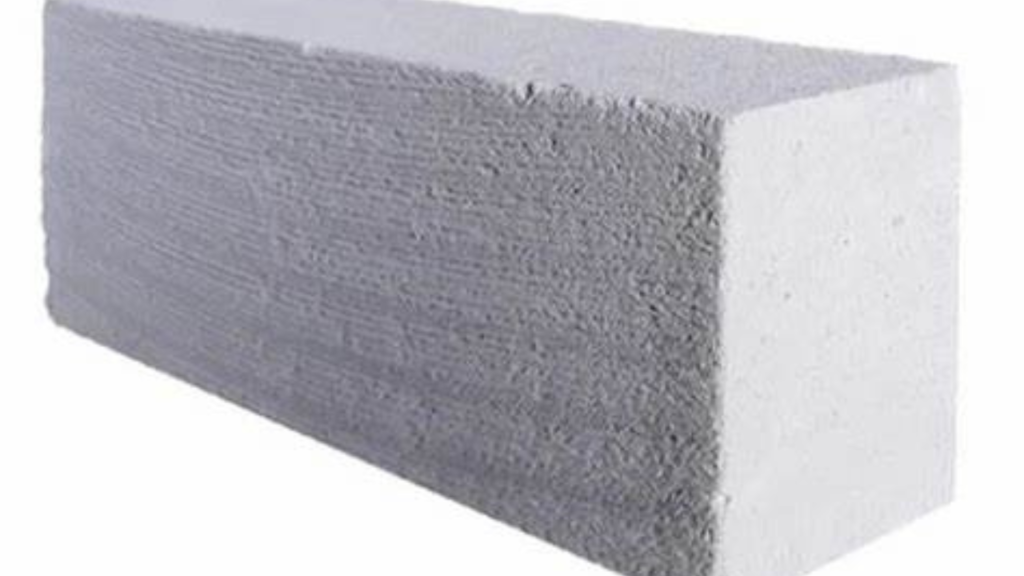When building a house or any structure in Nigeria, the foundation is everything.
It’s the base that carries the weight of your building.
And one of the key materials used in many types of foundations especially shallow ones is concrete blocks.
But not all blocks are created equal. Using the wrong type of block for your foundation can lead to cracks, water seepage, or even structural failure over time.
In this article, Bullionrise consult will break down the types of blocks, how to identify the best one for foundation, and how to test the quality of the block before using it.
Table of Contents
ToggleSee also – how many blocks for 3 bedroom flat
Types of Blocks Used in Nigeria
1. 9-Inch Hollow Blocks

- Commonly used for foundation walls
- Offers more strength and thickness
- Better at resisting load
2. 6-Inch Hollow Blocks

- Typically used for partition or internal walls
- Not recommended for foundations or load-bearing walls
3. Solid Blocks (9-inch and 6-inch)

- Made without holes; heavier and stronger
- Suitable for foundation where extra strength is needed
- Often more expensive than hollow blocks
4. Laterite Blocks
- Made with local soil and cement
- Used in rural areas or for eco-friendly buildings
- Not ideal for deep or wet foundations
See related – What is the best block for building houses in Nigeria?
Which Block Is Best for Foundation?
Best Option: 9-Inch Hollow or Solid Blocks
For most foundation walls in Nigeria, especially in bungalows and duplexes, the 9-inch block is the most suitable.
Why is 9-inch hollow or solid blocks the best option?
- Thicker and stronger than 6-inch blocks
- Handles load and lateral pressure better
- Offers better insulation and damp resistance
- Available in both hollow and solid types
If you’re building on weak or waterlogged soil, solid 9-inch blocks are even better.
They offer more durability and stability.
How to Figure Out If a Block Is Good for Foundation
1. Check the Strength
- A good block should be able to support weight without breaking easily.
- You can knock two blocks together—a strong one makes a sharp ringing sound, while a weak one sounds dull.
2. Visual Inspection
- Look for uniform shape and smooth surfaces.
- Cracks, holes, or irregular edges are red flags.
3. Cement Content
- Quality blocks have more cement, making them heavier.
- Light blocks may contain too much sand or laterite — and break easily.
4. Water Absorption Test
- Soak a block in water for a few minutes.
- If it becomes soft or crumbly, it has low durability.
5. Crush Test (for professionals)
- A formal lab test can determine the compressive strength in N/mm².
- Foundation blocks should have a minimum strength of 2.5 to 3.5 N/mm².
See also – cement vs concrete meaning and difference
Buying Tips from Bullionrise Consult
- Buy from reputable block makers who use block molding machines, not hand-molded blocks.
- Ask for samples before bulk purchase.
- Consider making your own blocks on-site with good cement-sand ratio if quality supply is an issue.
- Use sharp sand (not silt or clay soil) for block production.
Bonus Tip: Reinforce with Concrete Columns
Even with strong blocks, it’s wise to reinforce your foundation using:
- Concrete pillars
- Ring beams
- Damp-proof membranes
This ensures better load distribution and guards against cracks or water seepage.
See also – Which foundation is suitable for which soil?
Conclusion
When it comes to choosing the best block for your foundation, the clear winner is the 9-inch concrete block especially solid or well-compacted hollow blocks.
They offer the strength, durability, and stability needed to support your building long-term.
Don’t go for cheaper, lighter blocks thinking you’re saving money.
It could cost you much more in repairs or structural failure later.
Always inspect, test, and choose quality over cost when it comes to your foundation blocks.
Frequently asked questions
What types of blocks are commonly used for foundations?
The most common types of foundation blocks include solid concrete blocks, hollow concrete blocks, and interlocking blocks.
Solid concrete blocks are strong and durable, making them ideal for heavy loads. Hollow blocks, though lighter, can provide good structural integrity when properly reinforced.
Interlocking blocks require less mortar and can enhance construction speed.
How do concrete blocks compare to hollow blocks for foundation strength?
Solid concrete blocks are stronger than hollow blocks and are preferred for foundations where high load-bearing capacity is required.
Hollow blocks have internal voids that can be filled with concrete for additional strength, making them useful in reinforced masonry applications.
The choice depends on the building’s weight and soil conditions.
Which block type is best for different soil conditions?
- Stable soil (gravel or compacted sand): Both solid and hollow blocks work well.
- Clay or expansive soil: Solid concrete blocks are better due to their stability.
- Flood-prone areas: Interlocking or reinforced hollow blocks help in moisture control.
Conducting a soil test ensures the correct block type is used for the specific site conditions.
What factors should I consider when selecting foundation blocks?
- Load-bearing capacity: Choose blocks that can support the structure’s weight.
- Durability: Opt for weather-resistant and moisture-proof blocks.
- Cost: Solid blocks may be more expensive but provide better long-term stability.
- Ease of construction: Interlocking blocks reduce labor time and mortar usage.
Are there eco-friendly or cost-effective block options for foundations?
- Eco-friendly blocks: Made from recycled materials or stabilized soil blocks.
- Cost-effective options: Interlocking blocks reduce mortar usage, and hollow blocks require less material while maintaining strength.
Some builders also use compressed earth blocks (CEBs) for sustainable construction.










